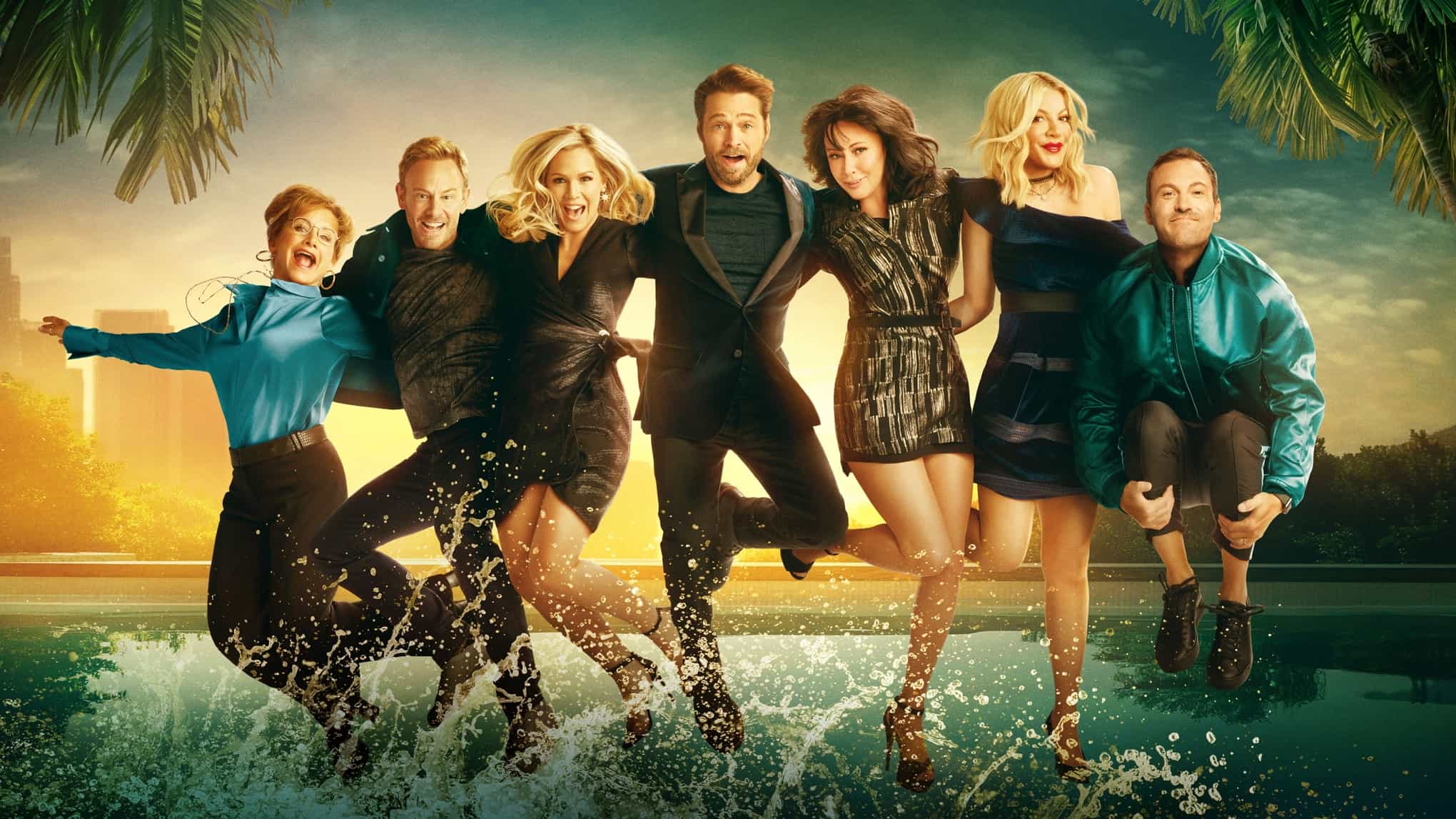It is said that art imitates life, and if TV trends of the past few seasons are of any indication, more accurate words have never been uttered.
As political views drench into cultural spheres, rendering the world around us an overcrowded bundle of arguments and screaming matches that involve much more than politics; as “feel good journalism” becomes a relic of a time now gone; as discussions about the positivity brought along by the Internet turn into rallying cries against the bullying catalyzed by an interconnected (read: overconnected) world, television executives have chosen to use similar fodder to fuel their lineups. As a result, TV no longer functions as an escape tool, instead becoming a mirror of the chaos and negativity that defines our daily existence. Dystopianism is now our reality and our television diet.
We used to champion Seinfeld, Friends and The Big Bang Theory as bastions of TV glory but, today, we have Succession (a great but undoubtedly sad portrayal of family relations), Euphoria (downright depressing), American Horror Story (downright scary) and True Detective (downright dark, literally). Historically, TV served a mightier purpose than pure entertainment: it shaped society for the better, providing a glimpse into a world that could be if we only dared be as cheerful as The Nanny‘s Fran Fine, as adaptable to change as the folks on The Brady Bunch and as brave as Xena, the warrior princess, and Ally McBeal. But has all of that changed? In 10, 30, 50, 100 years: will critics of the future consider 2019 the year that TV finally became too sad? Will they mourn the television that once was? What will be said about us binge watchers?
A mere glimpse at upcoming award shows nominees paints a picture: we are drawn to twisted, dramatic, sorrowful and outright gloomy productions.
The likes of The Handmaid’s Tale, Chernobyl, Sharp Objects and Ozark—all Emmy-nominated shows—portray a world so dark that watching a single episode requires a mental preparation akin to Olympic practices. We have to equip ourselves to be sad, embrace a melancholically desolate mindset, before we even start watching.
Add to that mix data about TV viewers’ habits and you’ve got yourself a virtual manifest for whatever the opposite of feel-good-television is. According to Variety‘s compilation of 100 most watched shows of the 2018-2019 seasons, Game of Thrones ruled the TV universe—a remarkable feat on its own, given that the HBO show was only available to the 35-40% of the country that subscribed to the network at the time. Certainly a masterpiece of creativity and technicality, Game of Thrones’ essence involved deadly power battles, anger, revenge and self-imposed deifications, appealing to an audience hungry for clashes whose final goals (who should sit on the iron throne?) resembled America’s current battles (who should be president?). Not to mention a finale that saw a mad ruler attempt to fight off her own madness but ultimately fell prey to it, killing innocents all along her downward spiral. Now that’s art imitating life, indeed.
Of course, not all TV shows showcase an inevitably doomed future.
The success, both critical and audience-driven, of productions like This is Us, Young Sheldon, Modern Family, GLOW, The Marvelous Mrs. Maisel and even New Amsterdam prove that there is still a pretty chunky slice of the viewership pie that appreciates a more hopeful message—and, perhaps, this upcoming fall season will finally tick the scale back to the kind of shows that won’t solely have us despair. A notion not that far-fetched considering the roster of new productions set to debut on our small screens in the upcoming months.
Amazon’s Modern Love, for starters, puts the idea of romance front and center. Based on the eponymous, uber-popular New York Times column, it features an all-star cast (Anne Hathaway! Dev Patel! Tina Fey! Andy Garcia!) that all but shouts about hopefulness. Mixed-ish, the upcoming ABC spinoff of the successful Black-ish, will function as the latter’s prequel and, although focusing on the mixed-race experience in America in the 1980s, it is sure to be a more light-hearted exploration of the subject than, say, Westworld. Then there’s Perfect Harmony, starring Bradley Whitford as a former music professor in a musical comedy that might not enjoy the critical success that Ryan Murphy’s Glee did back in 2009-2015, but is sure to tug at heartstrings over tear ducts. That is to say: not all is doomed and, maybe (hopefully), we’re just around the corner from the rediscovery and collective return to a more optimistic TV experience.
One more trend that bubbled at the beginning of last year is set to solidify itself in the 2019 fall season (and, hopefully, beyond): the TV reboot.
If 2017 and 2018 were the years of the dystopian drama, 2019 will be the year of revivals: from Will and Grace to The Hills, Roseanne (now The Conners), Fuller House and, most recently, Beverly Hills 90210, if there is any indication of America’s craving for a return to the past, these freshly re-launched TV shows are it. Viewers are likely asking for more than familiar storylines: they’re begging for the nostalgic happiness brought along by the return of Veronica Mars, Gossip Girl, The Office, Bewitched and Murphy Brown (all already aired or announced)—we’re asking for the world to be shaped by tried-and-true productions that did a good job at making us feel just a tiny bit better than we do today. We are asking for life to imitate art.
Which all begs the question: will reboots be our ultimate saviors and protectors against a dystopian-fueled existence? Are we going to witness a return to the TV of yore? Will fall, always the source of fresh beginnings, mark a new phase of our relationship with the medium? Will I be able to settle down on my couch and dive into a show that promises me—albeit temporarily, maybe falsely—that eventually it will all be okay?










